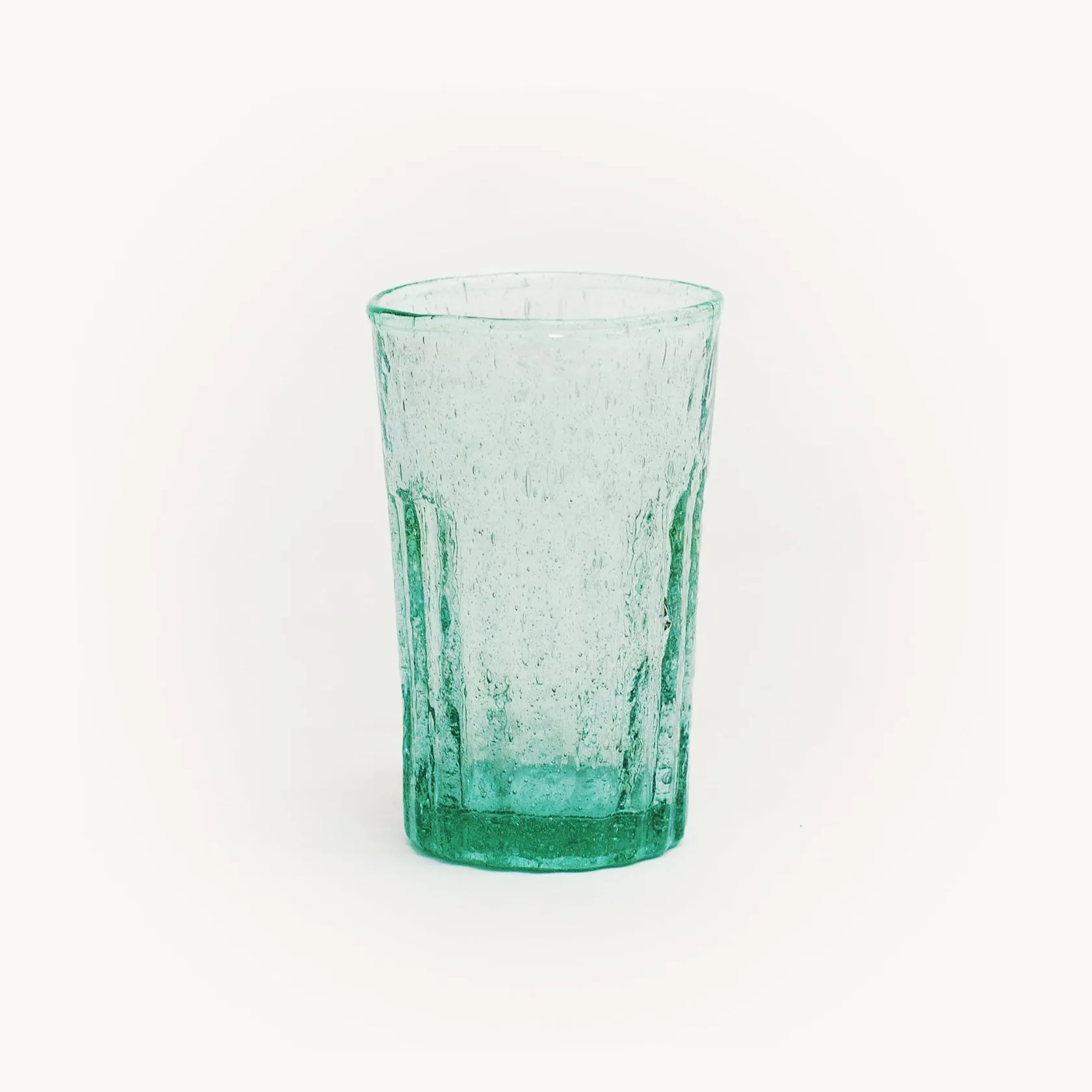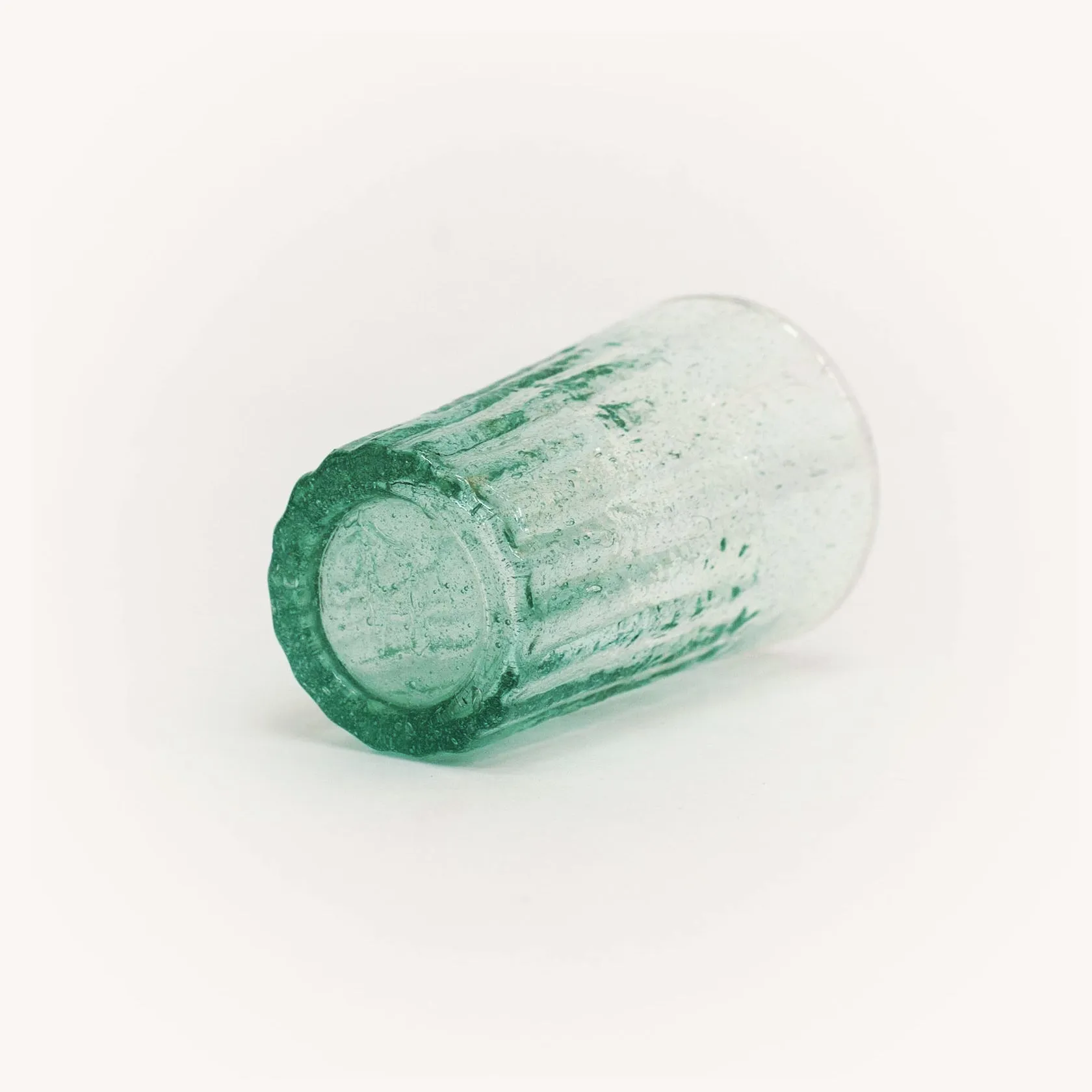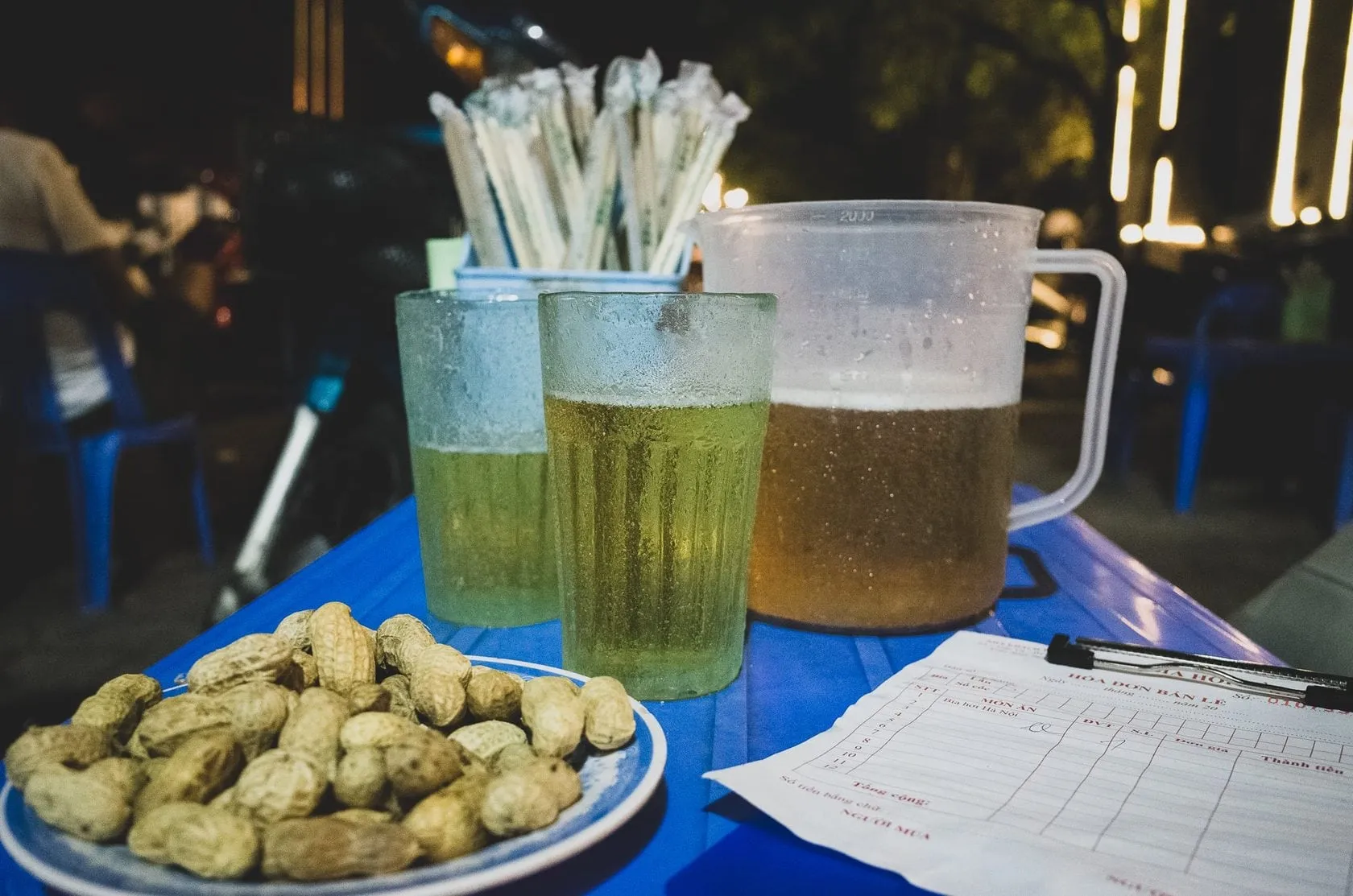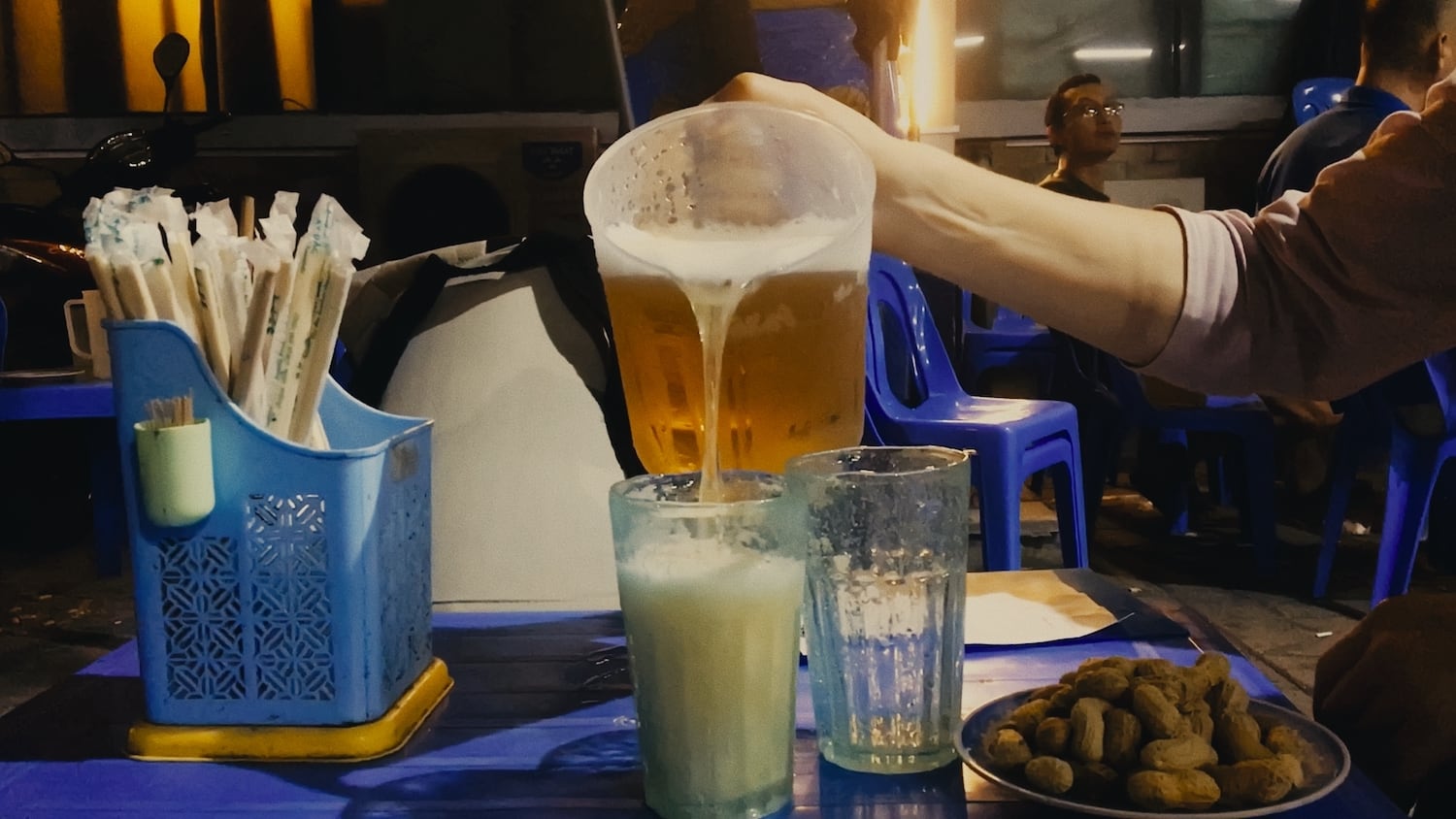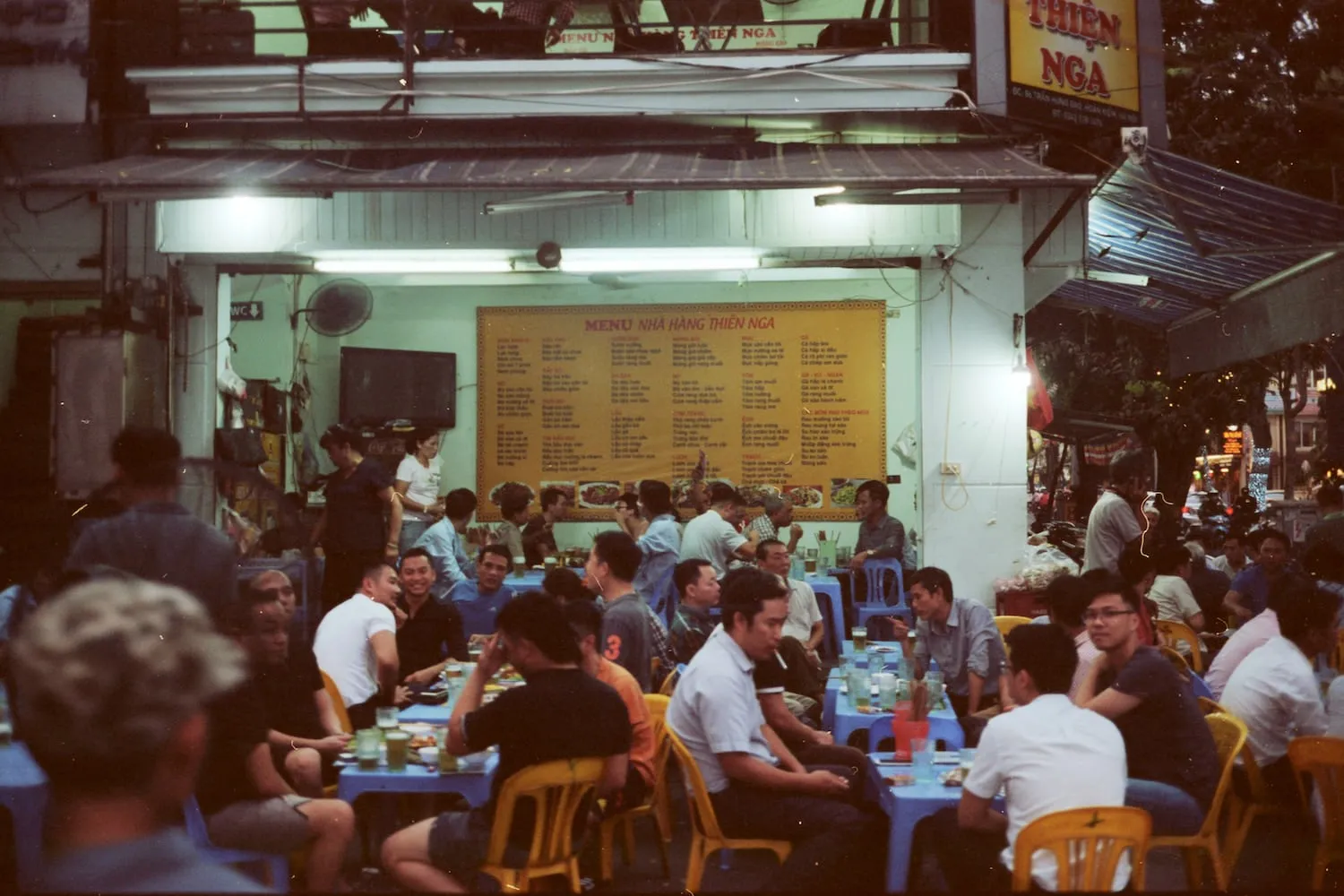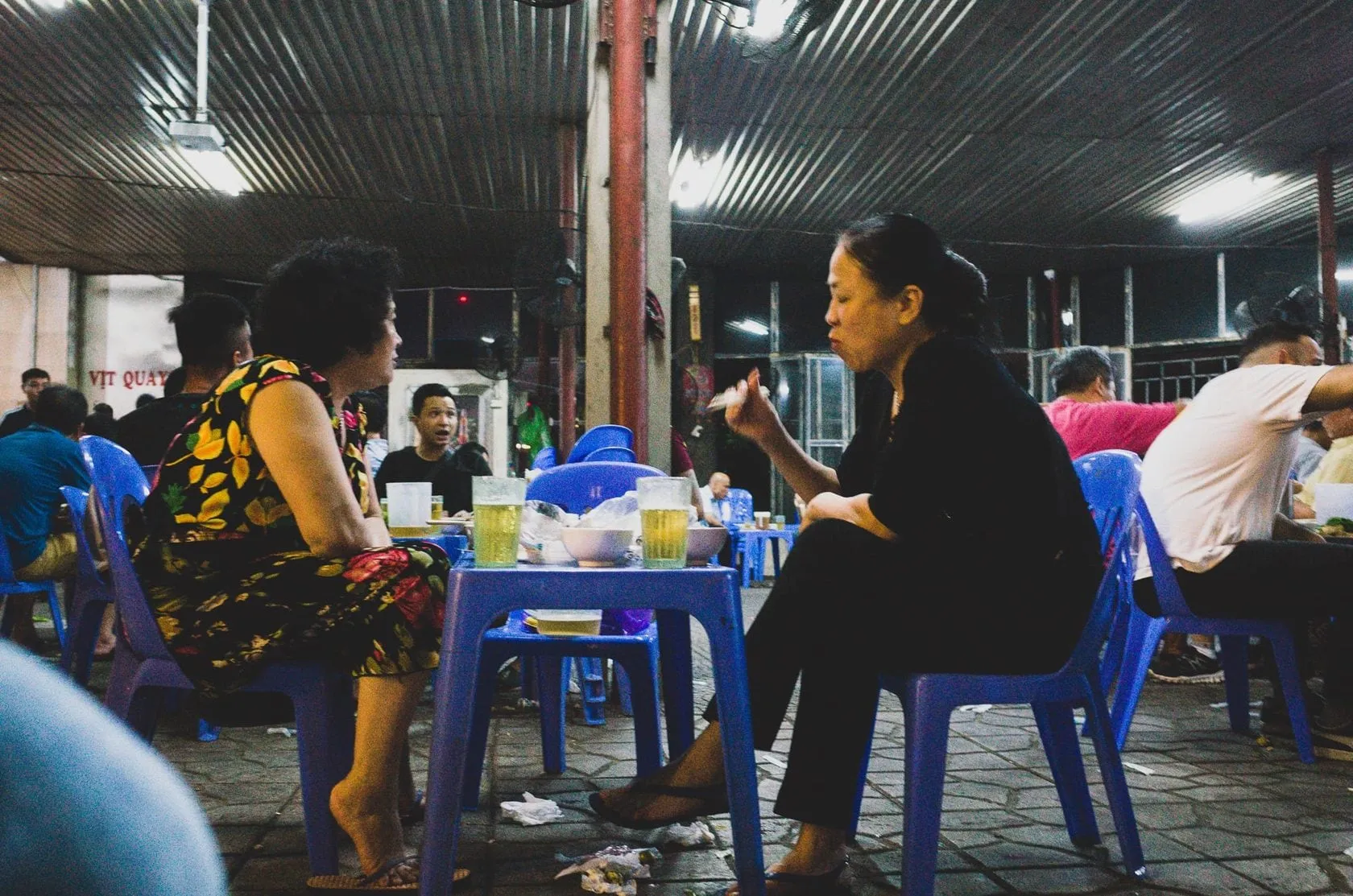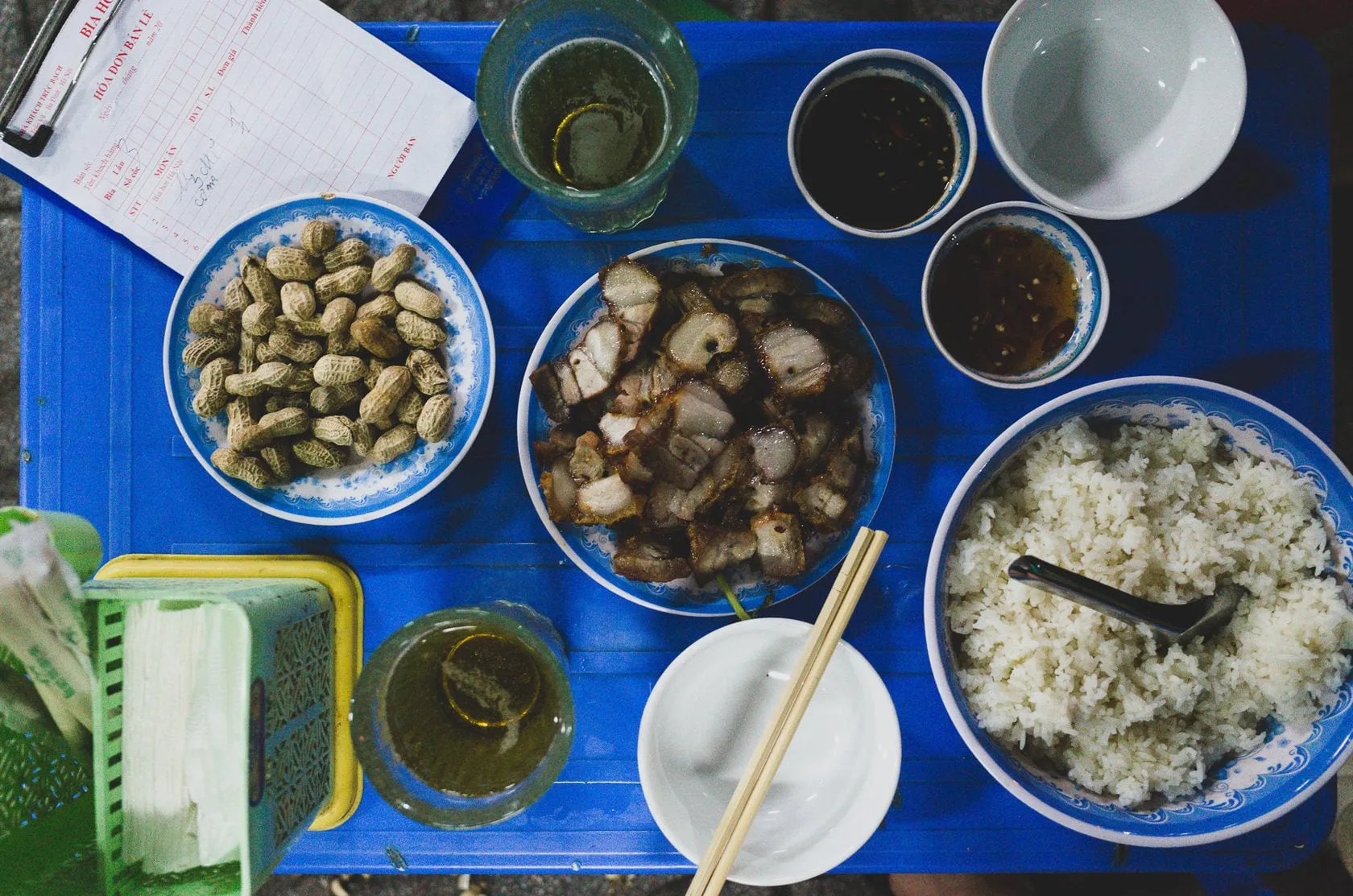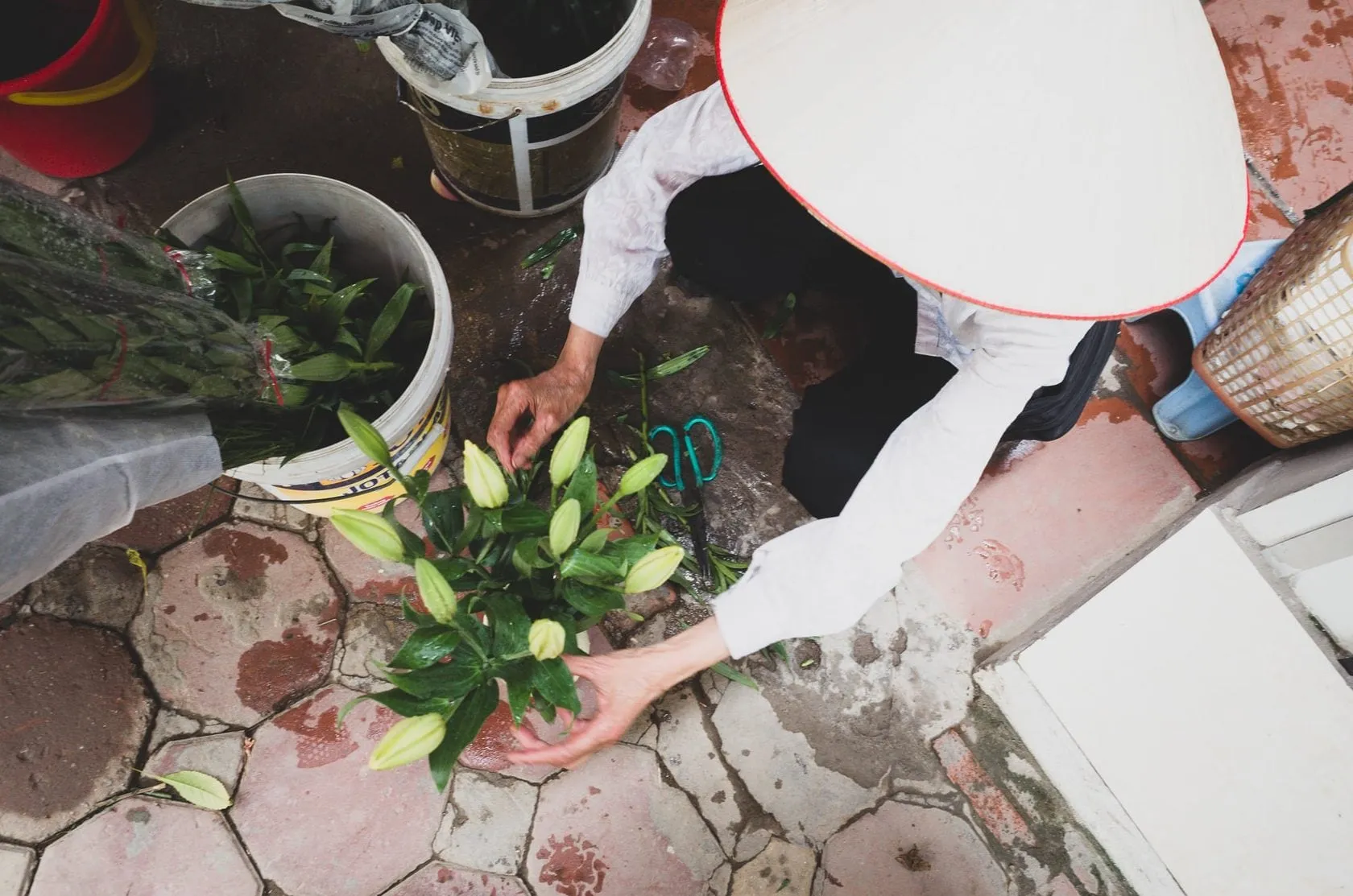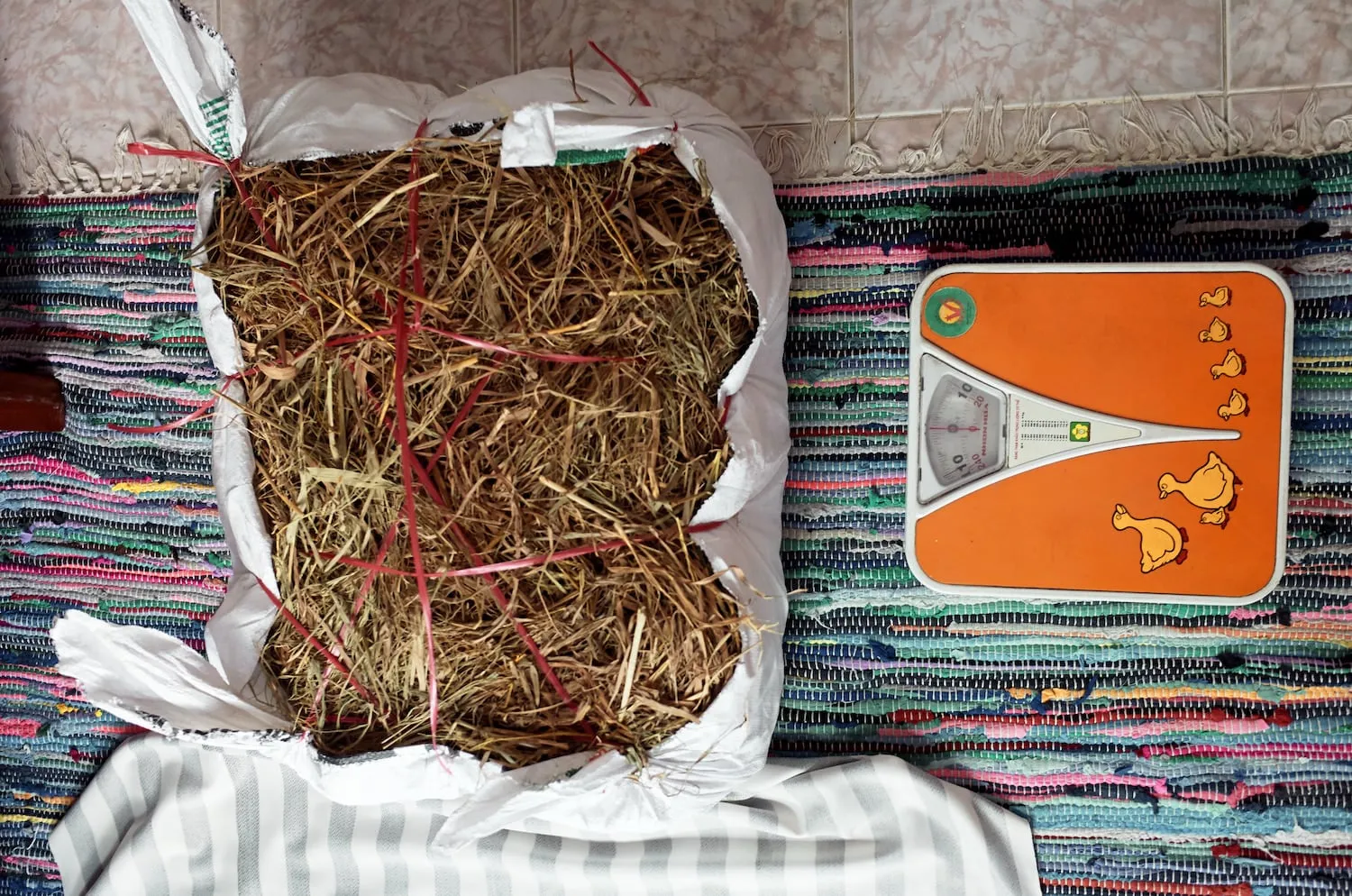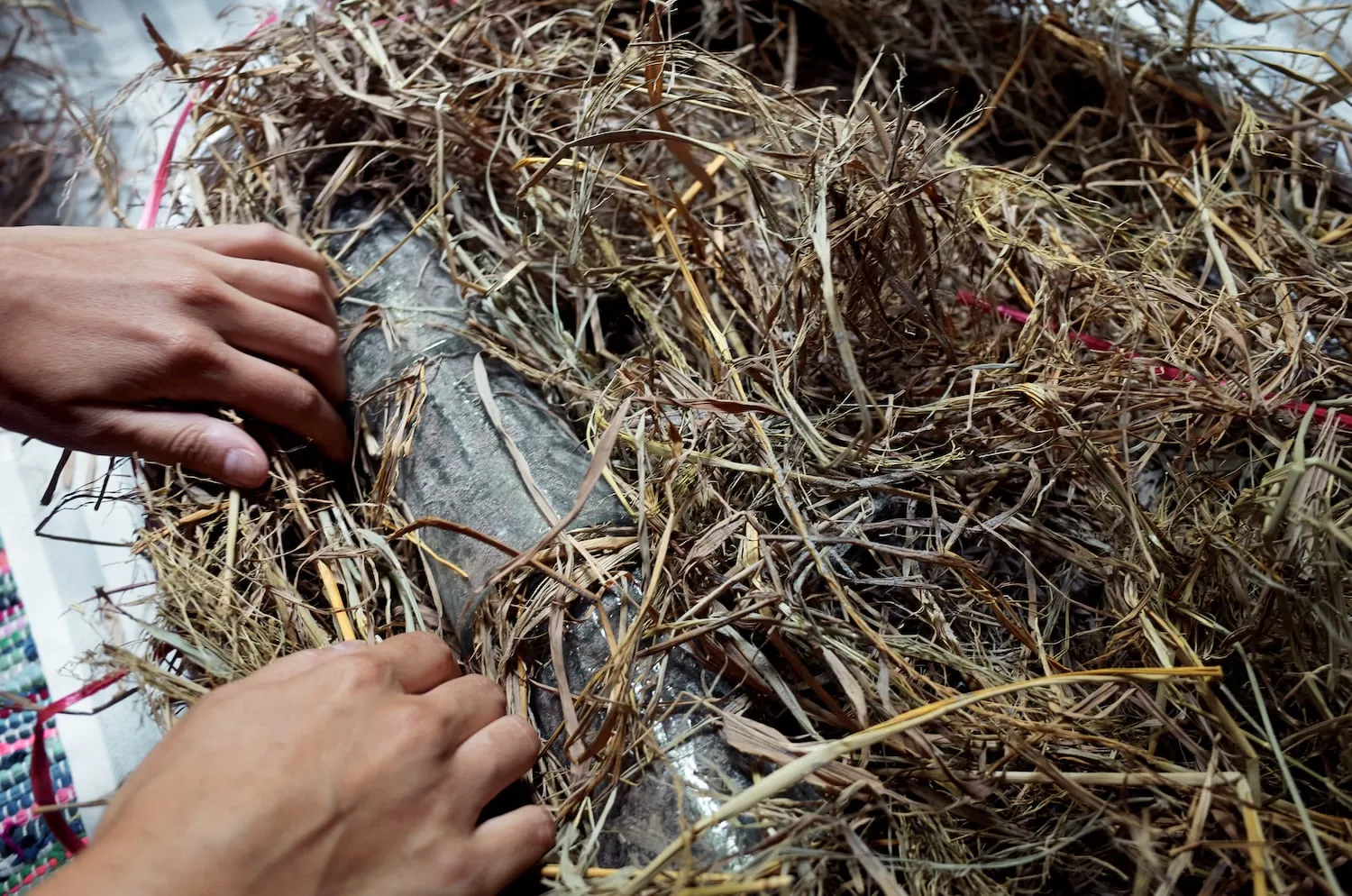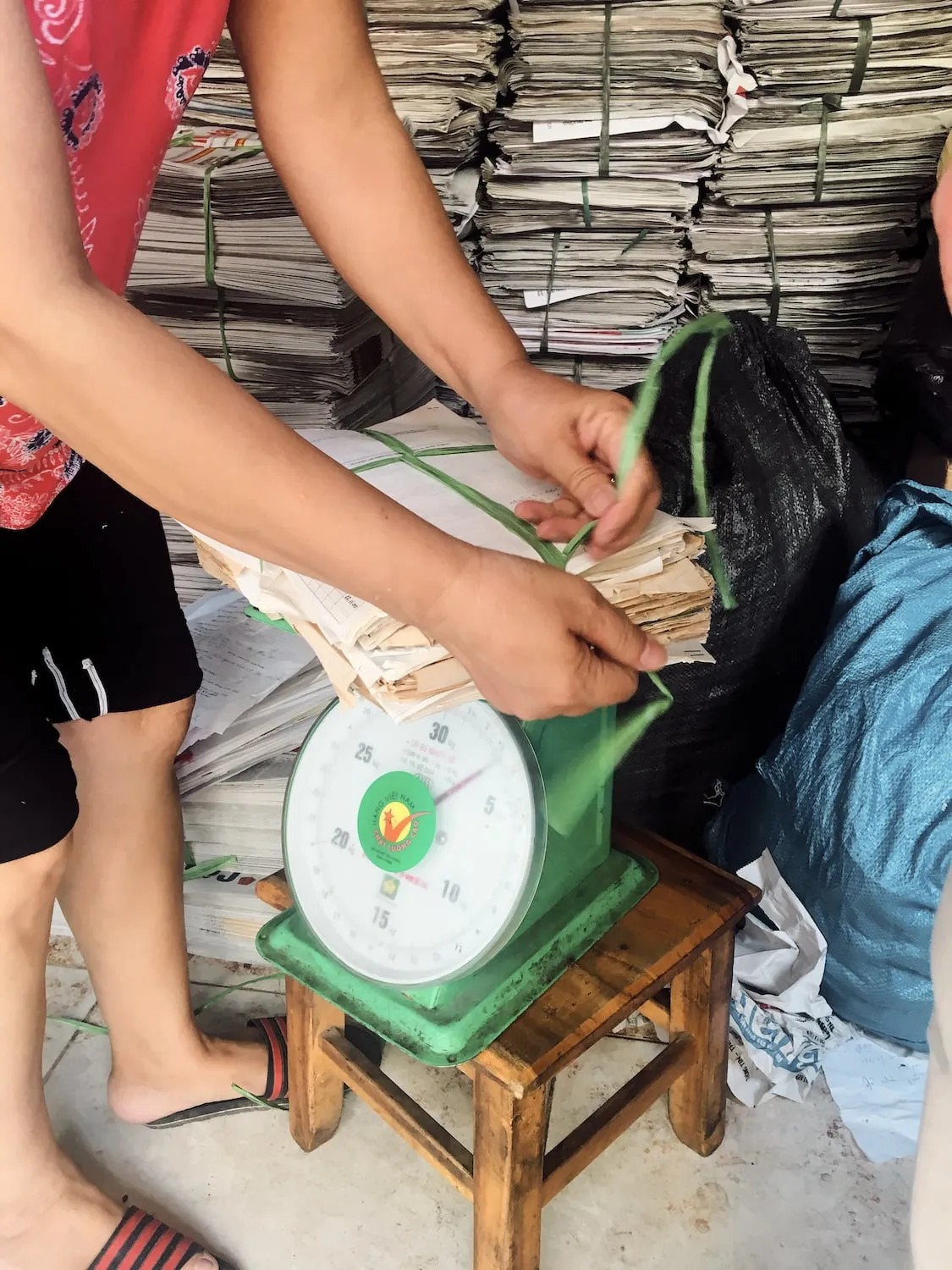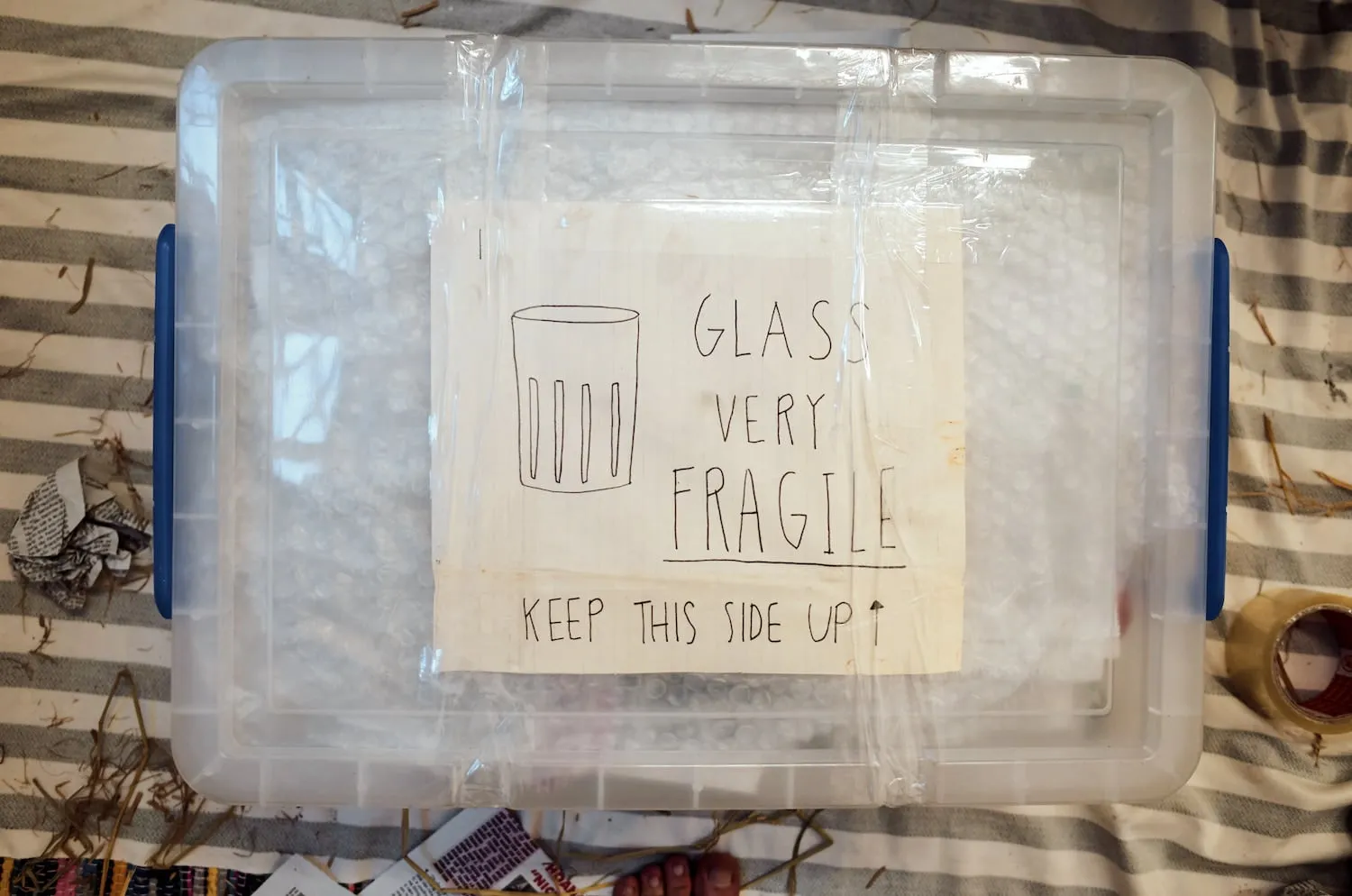In 2019, we traveled to Hanoi and became fascinated by the street culture — the textures, rhythms, and everyday objects that shape daily life. The Bia Hoi glasses, iron scissors with green rubber handles, Dep to ong sandals — each telling stories of resourcefulness and community.
We brought back 50 glasses, 10 knives, and a few scissors in a single box. Since then, we've gifted them all to friends and family, where they've become cherished everyday objects — not museum pieces, but tools for living.
The requests kept coming: emails asking where to find more glasses, people wanting to replace broken ones or share sets with friends. That's when we realized these objects carry meaning beyond their simple function — they connect us to a particular way of being in the world.
This project is our way of testing genuine interest. If enough people join us, we'll make another research trip to Vietnam and bring back a thoughtful collection. If not, that tells us something important too — we'd rather respond to real demand than manufacture it.
